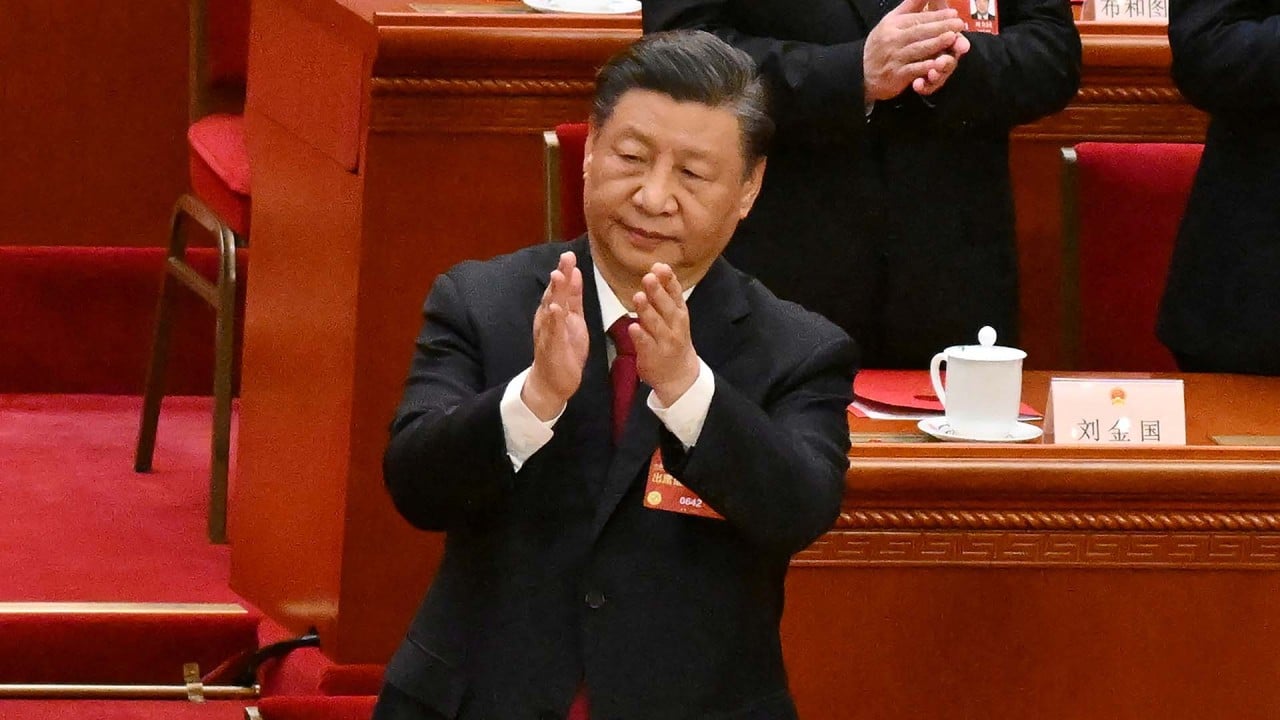
China’s revised charity law lacks incentives to spur donations despite ‘common prosperity’ drive
- Amid two high profile donations, China passed revisions to its 2016 Charity Law last month, but industry observers say the changes do not go far enough
- Oppo and Vivo co-founder Duan Yongping, as well as Xiaomi founder Lei Jun, made considerable donations to universities at the end of last year
Oppo and Vivo co-founder Duan Yongping may already be one of the most high-profile Chinese billionaires so far this year, after donating 1 billion yuan (US$140 million) to his alma mater on New Year’s Eve.
The revisions to the 2016 Charity Law was passed on December 29, and will take effect in September.
But while Beijing has attempted to make better use of charity to improve social equality, the changes to the law are unlikely to generate more acts as they offer no incentives and remain restrictive, industry observers said.
With a new clause stating that charitable work is subject to the leadership of the ruling Communist Party, the amendments focus on the regulation of arising issues, including emergency relief and online appeals.
And although a provision pledging tax cuts for all types of donors has been added, widely anticipated incentives for individual contributions remain absent, said Zhang Gaorong, an associate professor specialising in philanthropic activity at the East China University of Political Science and Law.
China’s first charity law was initially enforced at a time when public trust was low following a series of scandals, and prescribes that corporate donors are entitled to tax deductions for their charitable donations.
It would encourage entrepreneurs to make donations in their own name
And if their donations exceed a set percentage, the donor may carry the excess over into the following three years for tax purposes.
“It would encourage entrepreneurs to make donations in their own name if there were a similar incentive for individual donors,” Zhang said.
But he added, the struggle of the private economy during and after the prolonged coronavirus pandemic has left little room for increased contributions.
It still, though, marks a significant increase from two decades ago, when only two individuals donated over 100 million yuan, Hurun added.
But it has not appeared as much in official propaganda since China’s annual parliamentary meetings in March, as recovery of the world’s second-largest economy fell short of expectations and business confidence took a dip.
The amendments to the charity law, which stressed levels of government supervision that are consistent with the original law, have been mostly dedicated to regulating personal appeals and online platforms as internet-based fundraising has thrived in recent years.
According to the revised law, individuals who seek help due to illness or financial trouble must ensure the information they provide is accurate, and online platforms should verify the information and work with relevant authorities to enforce policies.
As natural disasters and public health emergencies frequently occur, the new law also includes a new section on emergency charitable efforts.
Charity is completely integrated with a market economy
It encourages organisations and volunteers to collaborate with local governments to better allocate funds, and improve transparency in the event of an emergency.
But with the trend for Beijing’s greater scrutiny over civil society and tighter control over the economy, it would be hard for the philanthropic sector to see robust growth, according to Jia Xijin, deputy director of Tsinghua University’s Institute for Philanthropy.
“Charity is completely integrated with a market economy. It can grow only when a society is more open, when there’s more social participation and development of the private sector, and when there’s a more vigorous market economy,” she said.
“In current circumstances, I don’t see any more room for charity – there’s been some progress in organisational functions [for philanthropic organisations], but not fundamental, systematic innovations.”
The philanthropic sector in China flourished over the past decades, along with the rapid growth of the economy, especially in the wake of the devastating Sichuan earthquake in 2008.
China had 1,300 charitable foundations at the end of 2007, rising to over 9,300 by the end of 2022, according to the Ministry of Civil Affairs.
However, growth of the industry has been “sluggish” since the introduction of the charity law in 2016, said He Yiting, chairperson of the Social Development Affairs Committee of China’s top legislature, the National People’s Congress, during deliberations on the amendments in late December.
“The scale of charitable giving in Chinese society is too small to match social wealth accumulation,” he said.
The general public started donating late and the amount has remained low, according to a report by the National School of Development at Peking University last month.
There is still a considerable gap between China and other parts of the world where charity is relatively mature
More than 60 per cent of over 17,000 people surveyed had a history of charitable donations of five years or less, with each donor giving an annual average of 383.7 yuan (US$54), it said.
Overall, 45.9 per cent said they donated money in the past year, while 23 per cent said they had volunteered.
“There is still a considerable gap between China and other parts of the world where charity is relatively mature,” it said.
In the United Kingdom, the participation rate for donations was 71 per cent, and 26 per cent for time volunteered, according to the 2023 World Giving Index by the Charities Aid Foundation.
In the United States, the figures stood at 61 per cent and 38, respectively.


